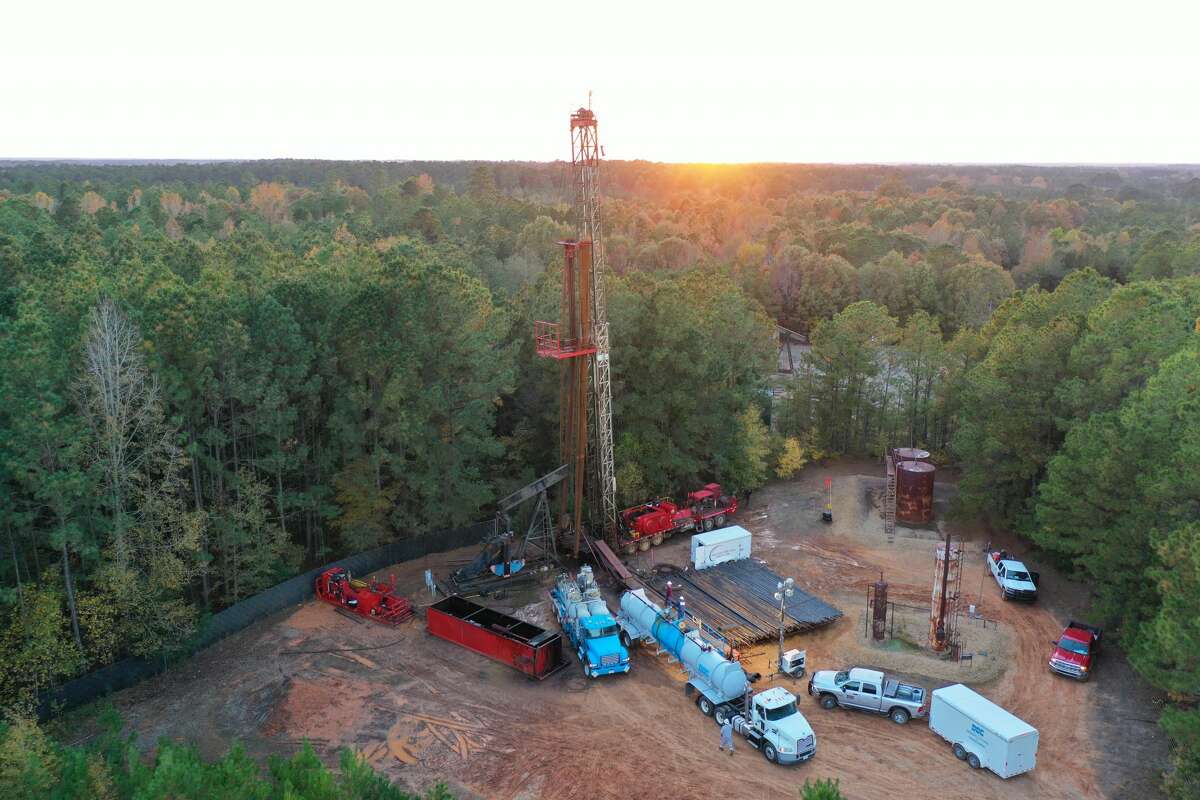
Waking a Sleeping Giant
Speaking at the APEC 2023 CEO Summit earlier this month, ExxonMobil CEO Darren Woods shared his thoughts on today’s world-scale problems that include climate change, energy poverty, and the limitations of renewable energies. He left his peers with a few guiding principles to consider. The most important, Woods stressed, is to “leverage the power of competitive markets to let the best solutions win.” Among those, at least for Exxon, is becoming a major producer of lithium—a critical metal the U.S. largely imports from China to make batteries, primarily for EVs.
Reese Energy Consulting today is following the latest on the wakening of an American industry we essentially put to sleep in 1998. The U.S. sits on top of one of the world’s largest lithium deposits in mines and brine. In fact, we dominated global extraction of the stuff until 1986. The last mine closed shop in N.C., in 1998, leaving a single, still-active brine operation in Nev. But now, global demand for lithium is on a stratospheric trajectory, and the U.S. is set to build an entirely new supply chain that not only meets our domestic needs for lithium but reduces our foreign dependence. Sound familiar?
Exxon has announced the start of a drilling campaign in the Ark., Smackover to produce lithium from brine by 2027. This assumes commercial-scale direct lithium extraction (DLE) is ready for prime time, which is nothing less than a mating call for American innovation. Secondary races are also underfoot. Tesla is looking for a new way to produce lithium from clay. Sweden has developed a breakthrough technology to replace lithium with sodium. Startup Stardust Power plans to build a refinery outside of Tulsa, capable of producing 55,100 tons of lithium from brine.
